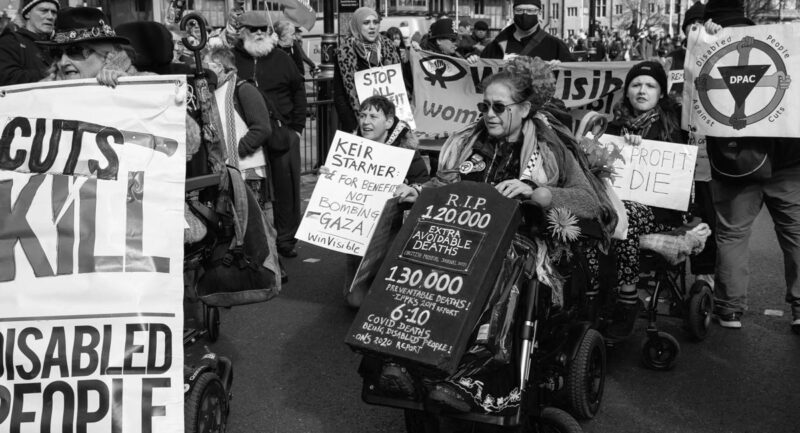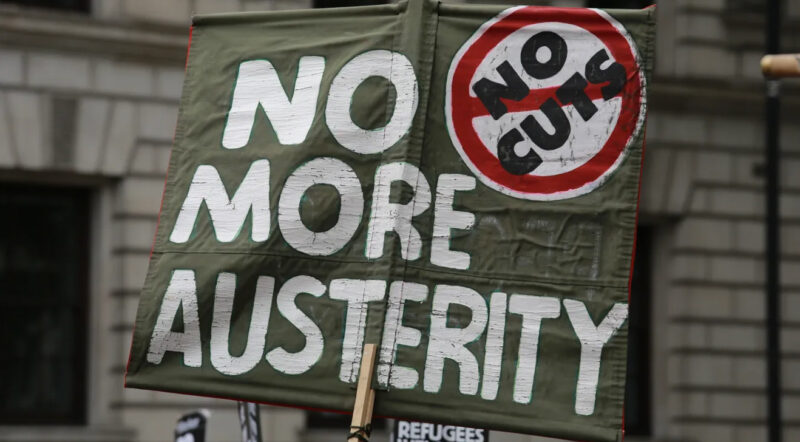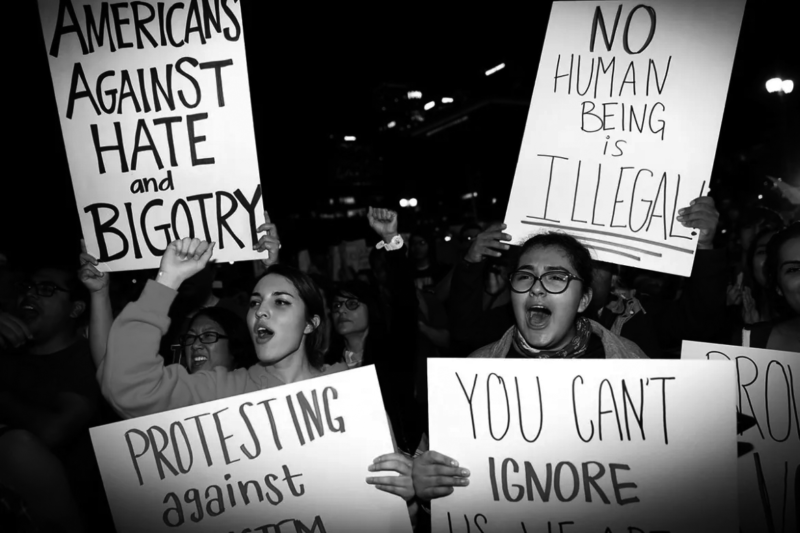The Fidesz Government in Hungary: a parliamentary coup d’etat as civil rights under attack
 Mass protests have broken out in Hungary against antidemocratic laws, writes Tobi Hanse
Mass protests have broken out in Hungary against antidemocratic laws, writes Tobi Hanse
Late at night on 2 January, tens of thousands demonstrated against Hungary’s new constitution in front of the Budapest Opera, where prime minister Victor Orban and his cabinet was celebrating its coming into force. With its two-thirds majority, the ruling Fidesz party can change the constitution without infringing formal parliamentary rules.
The new constitution gerrymanders constituencies to re-enforce the Fidesz majority; removes opposition representation from the electoral commission; curtails the powers of the constitutional court and the judiciary; allows for packing the latter with Fidesz appointees; sets up a new budget commission that can block future governments’ legislation and trigger new elections; sets up another new watchdog, staffed by Fidesz appointees, to ensure “balance” in the media; and lengthens the terms of many of Orban’s political appointees to key positions while making it harder for future governments to replace them.
Fidesz has also been especially repressive on welfare cuts. In future, it will be possible to send unemployed people across the country as forced labour, accommodated in camps.
Finally, this transition to “Hungarian democracy” finds it highest expression by classifying Communist organisations as criminal. Demonstrations against the constitution and various other anti-democratic measures, including a massive purge of both private and state media and the passage of anti-union laws, have been mounting in size and militancy since early December.
Some of these measures – primarily the undermining of the independence of the Central Bank – have even drawn protests from Hilary Clinton, the International Monetary Find (IMF), the European Commission and European Union (EU) governments.
Debt crisis
Behind all this lies the country’s dire economic crisis. Hungary is unable to pay the interest – hovering around 10 per cent – on loans from the IMF and the EU. The ratings agencies have now reduced Hungarian bonds to “junk status”.
This is why the government placed the central bank under its direct control. In the weak capitalist semi-colonies of the EU, like Greece and Hungary, central banks are expected to function primarily as agents for the European Central Bank in Frankfurt, and thus for the continent’s dominant imperialist nation, Germany. This, rather than the above raft of antidemocratic measures, is the real cause for the threats from the EU and the IMF to refuse further support and to cut off EU subsidies.
The opposition parties in Hungary, the social democratic MSZP and the liberal-ecological LMP, boycotted the vote on the new electoral law and instead held a demonstration in front of Parliament. This is all that these parties can do. Against the austerity measures and the debt crisis they have no alternative, and they only moved when their own electoral chances were threatened. The MSZP was in government at the time when far-right Jobbik party became a mass movement and pogroms took place against Roma and Sinti, and as the Jobbik party’s Magyar Guard grew to several thousand.
The MSZP proposed nothing except a state ban on Jobbik, only to see Jobbik then enjoy electoral success. The MSZP embodies the crisis of leadership of the Hungarian working class; unable to make a stand against nationalist and fascist mass movements, their weakness actually encouraged the growth of these movements.
However, the thousands who demonstrated in December opened up a new chance of a struggle for democratic and social rights. Even if the crisis has demonstrated the emptiness of capitalist democracy, the democratic mass movements in North Africa, the Middle East and the Occupy movement have shown the great revolutionary force that can develop in a battle for democracy and in protest against cuts in social services and mounting inequality.
The question now is how to broaden the fight against the Orban government across the country, both geographically and politically. For this, there needs to be a fight against the social cuts and the mass layoffs, just as there must be a fight against constitutional “reforms” and the new electoral law.
To believe that mass street protests alone will win would be a big mistake. On 21 January Fidesz mobilized hundreds of thousands on the streets in its support. We need to involve trade union and workplace organisations in order to fight back.
The attacks on the working class in Hungary, Greece, Italy, Great Britain, Portugal and Spain show the need for a co-ordinated European anti-capitalist left, the internationalisation of the struggle and the development of a common programme to combat the crisis.









